Areas and Laboratories
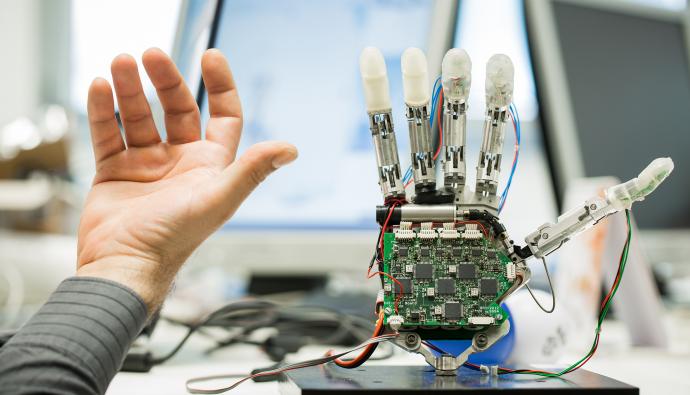
Artificial Hands Area
The Artificial Hands Area of the BioRobotics Institute pursues research into mechatronics and human-machine interfaces for advanced robotic limbs to be used as thought-controlled prostheses.
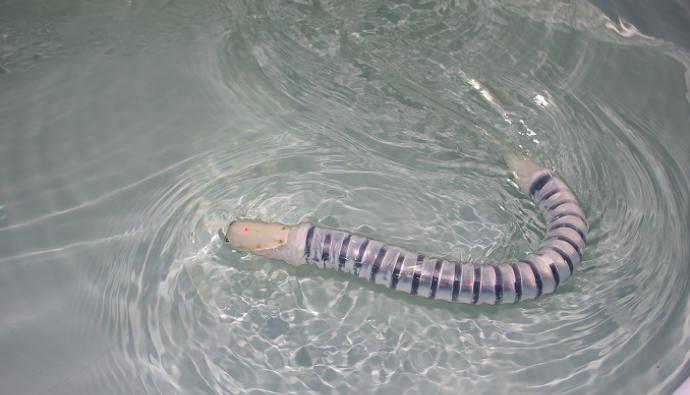
Creative Engineering Design Area
Creative engineering design in robotics and biorobotics is a way to bridge research and industrial innovation, to develop acceptable and sustainable robots, and to educate creative students
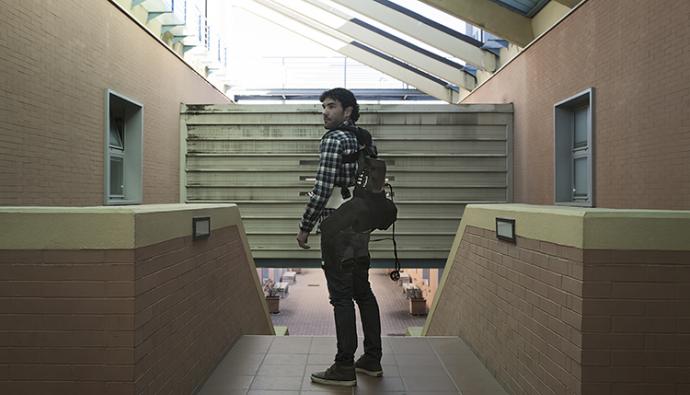
Neuro Robotics Area
The neuro-robotics paradigm is a design approach that fuses neuroscience and robotics in order to design and develop advanced robotic devices interacting with human beings
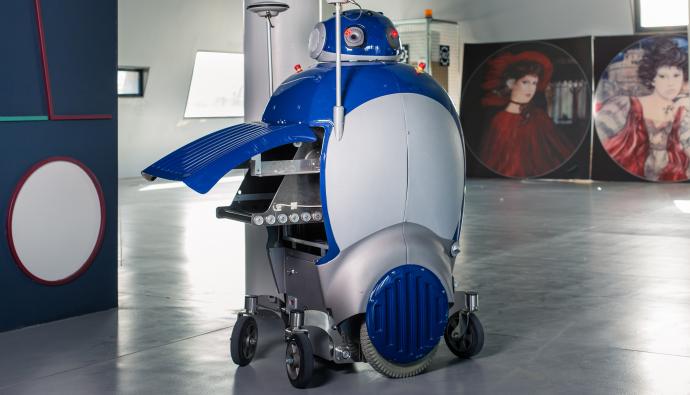
Robot Companions for Citizens Area
The goal of this research area is to develop a new generation of robot companions, based on supportive technologies that aim to help citizens of all ages, from infants to the elderly
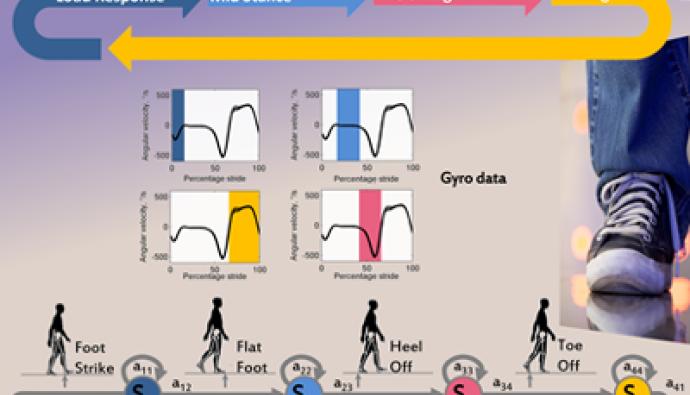
Sensor Signals and Information Processing Area
Development of wearable sensor systems to monitor human movement
Surgical Robotics and Allied Technologies Area
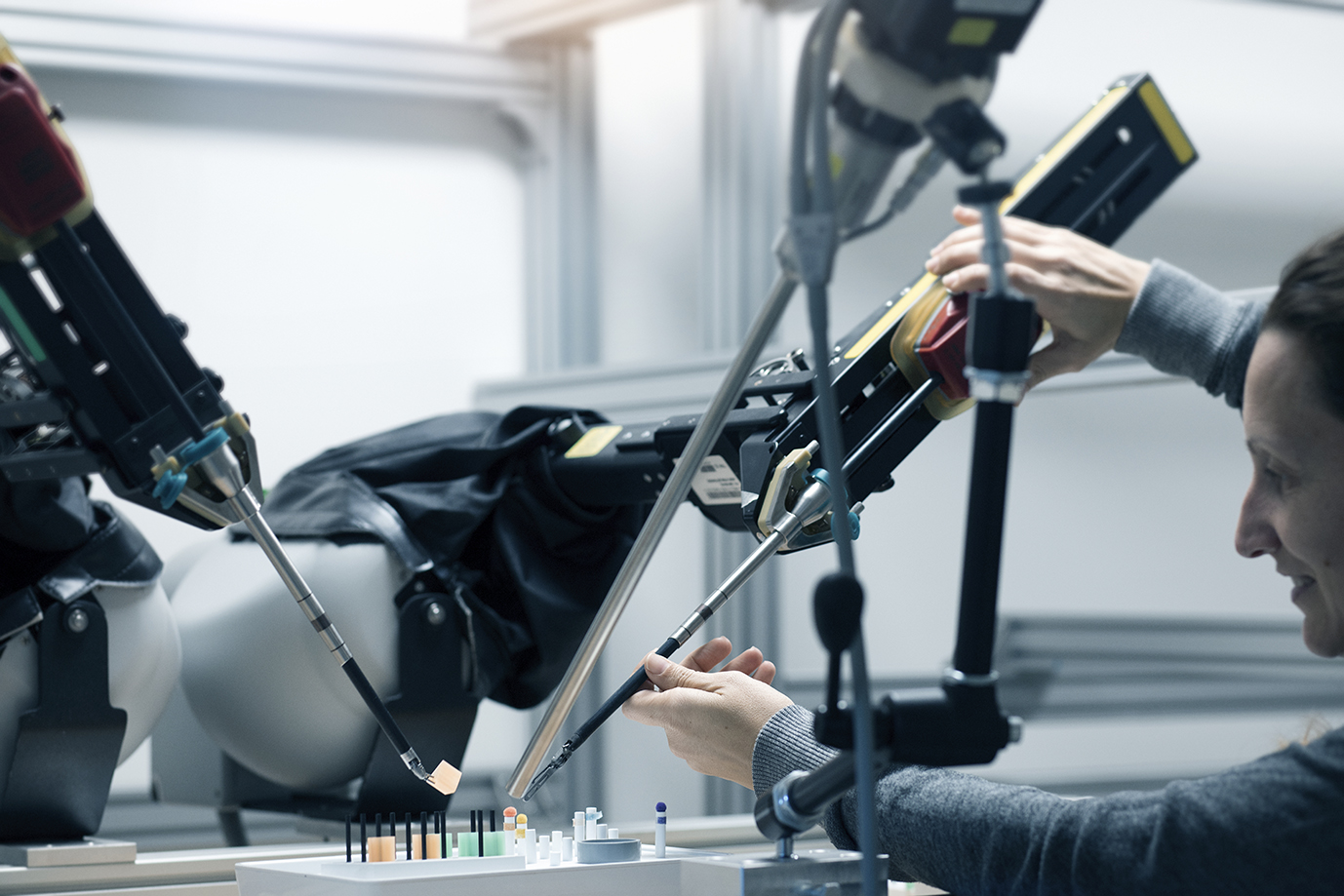
Visit website
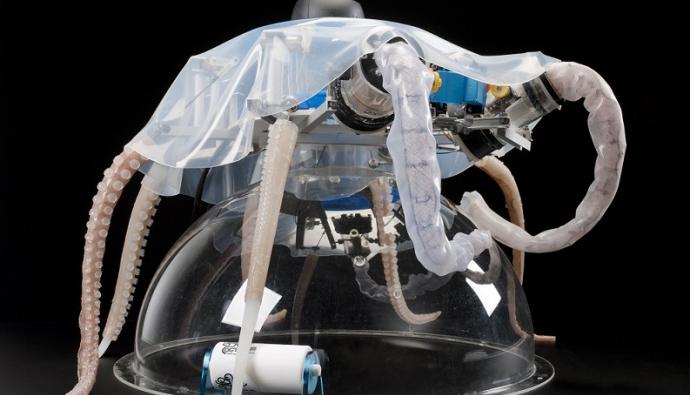
Soft Robotics Area
Soft robotics is an interdisciplinary field in robotics that deals with robots built out of soft and deformable materials capable to actively and safely interact with humans and the environment

Bioelectronics and Bioengineering Area
Neuroengineering is a novel discipline combining engineering including micro and nanotechnology, electrical and mechanical, and computer science with cellular, molecular, cognitive neuroscience
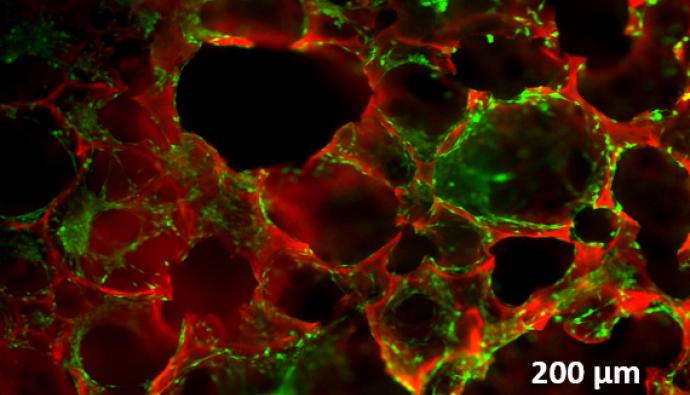
Regenerative Technologies Laboratory
The Lab grounds on an interdisciplinary approach merging mechatronics, materials science and molecular biology, to achieve tissue\organ healing and regeneration

Wearable Robotics Laboratory
The mission of the Wearable Robotics Laboratory is to invent, develop, and validate innovative wearable robots (also known as exoskeletons or active orthoses) to assist, rehabilitate, or enhance specific movements
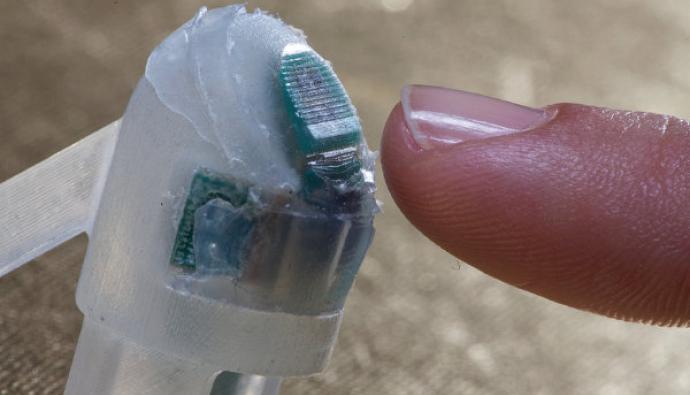
Neuro-Robotic Touch Laboratory
We develop and integrate novel transducers, both synthetic and bio-hybrid. We implement neuromorphic systems, with natural spiking coding of tactile information
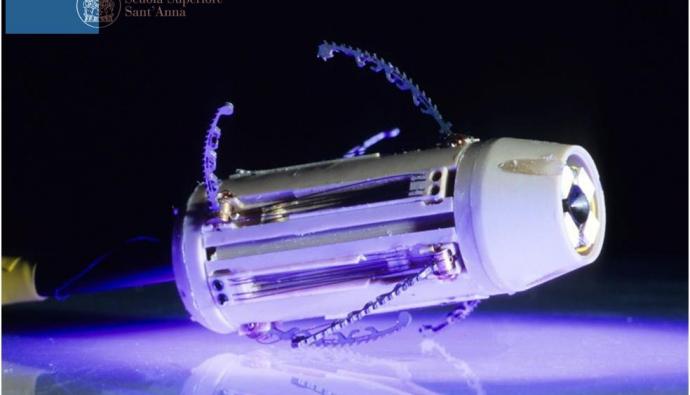
Healthcare Mechatronics Laboratory
Study, design, and clinical validation of integrated platforms and intelligent systems to ensure therapy and diagnosis that are effective, reliable, and minimally invasive
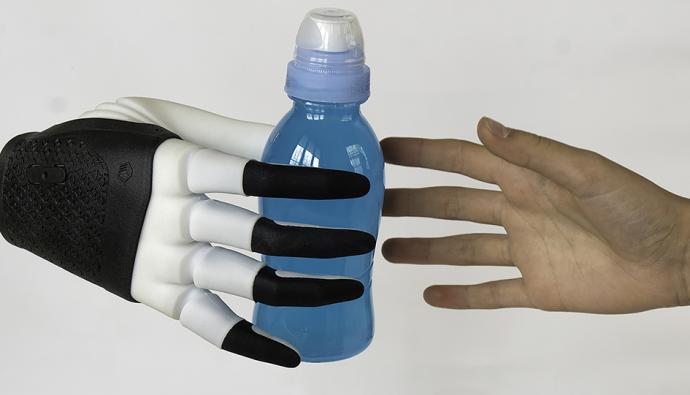
Human-Robot-Interaction Laboratory
Coming soon
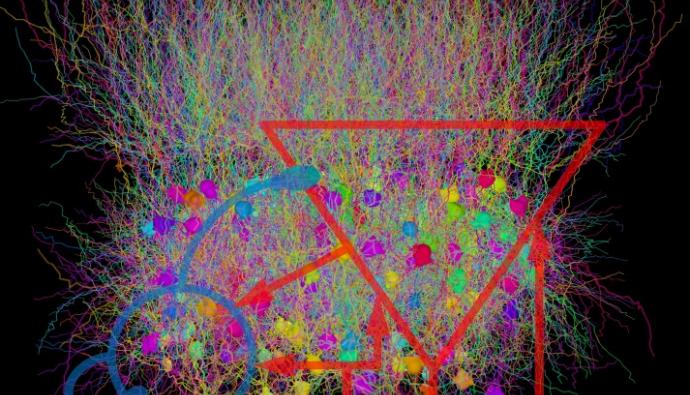
Computational Neuroengineering Laboratory
We combine Computational Neuroscience methods with Biomedical Engineering and Neuro Robotics
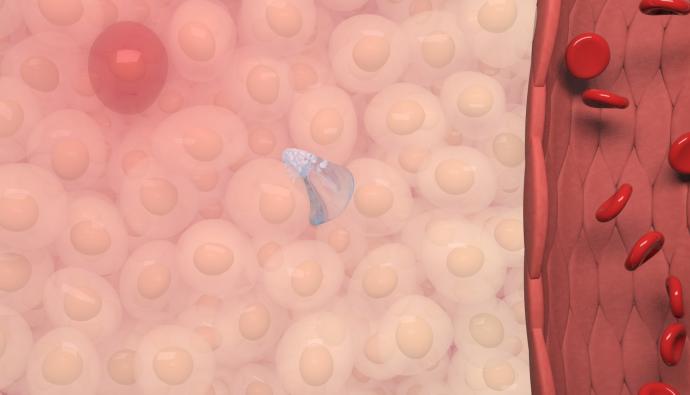
Microscale Robotics Laboratory
we aim at translating the mechanisms that drive cellular motility into new designs of artificial mobile microrobots, and at realizing microrobotic models for testing hypothesis on specific behaviours in cells

Soft Mechatronics for BioRobotics Laboratory
Soft, elastic and deformable systems with variable stiffness are key factors for safe and effective interactions with physical unknown environments, opening to robots a wide range of application possibilities
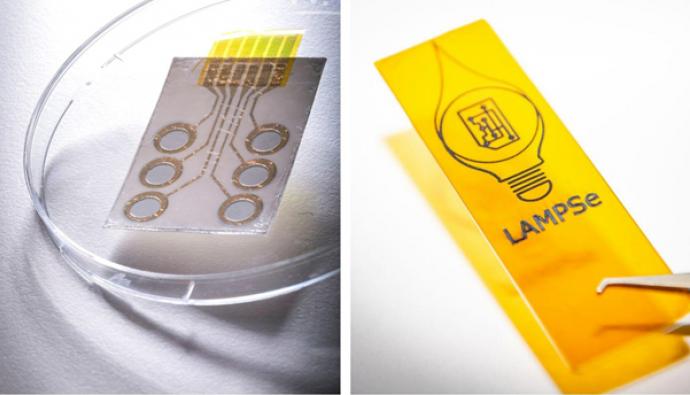
Laboratory of Applied Materials for Printed and Soft electronics
We investigate soft, stretchable, conformable and conductive materials with primary applications as sensors/actuators in biomedicine and robotics. Our goal is to develop sustainable materials and processes for next-generation devices

Surface Phenomena and Integrated Systems Lab
The SPIS lab investigates surface effects of materials and biological matter to build integrated systems with cross-disciplinary impact from energy harvesting to microclimate monitoring

SMART Lab
The Lab's goal is to develop advanced mathematical techniques for computational physics problems in industrial, environmental, and biomedical engineering
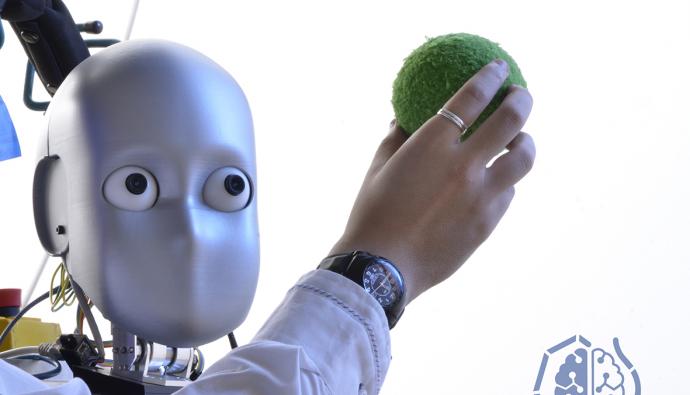
BRAIR Lab
Brain-inspired models for robot control and their combination with the embodied intelligence of Soft Robots

Medical Microrobotics Lab
We aim at developing microrobots for performing therapeutic and diagnostic tasks by leveraging on remote control, smart materials and structures
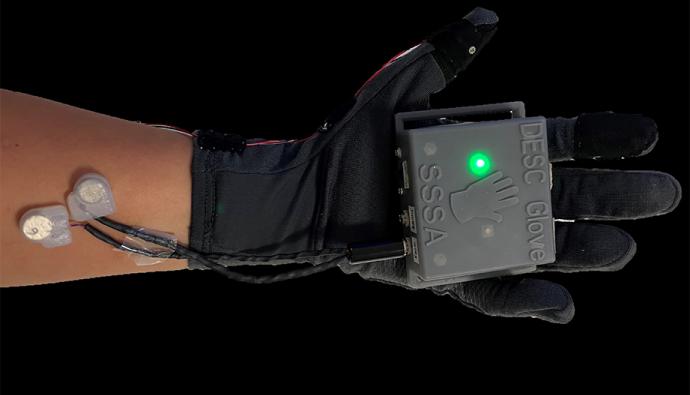
Textile Robotics Lab
Development of robotic systems based on functional textile materials for assistance and rehabilitation
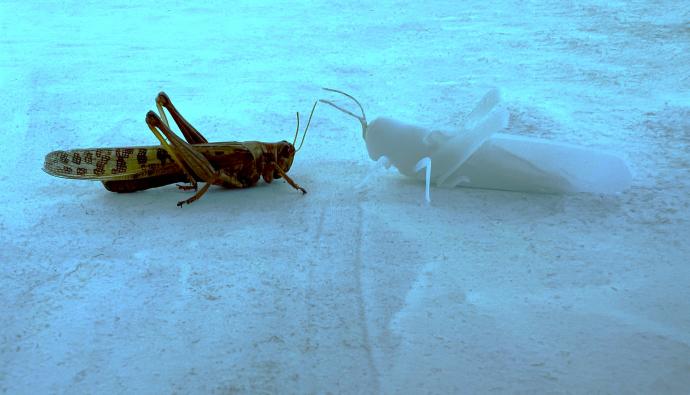
Bio-Robotic Ecosystems Laboratory
We develop organism-robot augmented (eco)systems for studying biological systems complexity, sustainable environmental management, bioinspired engineering, life support in extreme and extraterrestrial environments
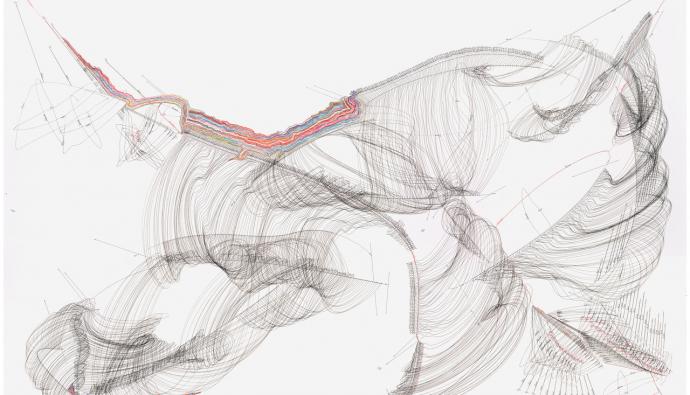
Brain Dynamics Laboratory
We aim to investigate the neuronal code behind complex cognitive functions by combining modeling and machine learning techniques

